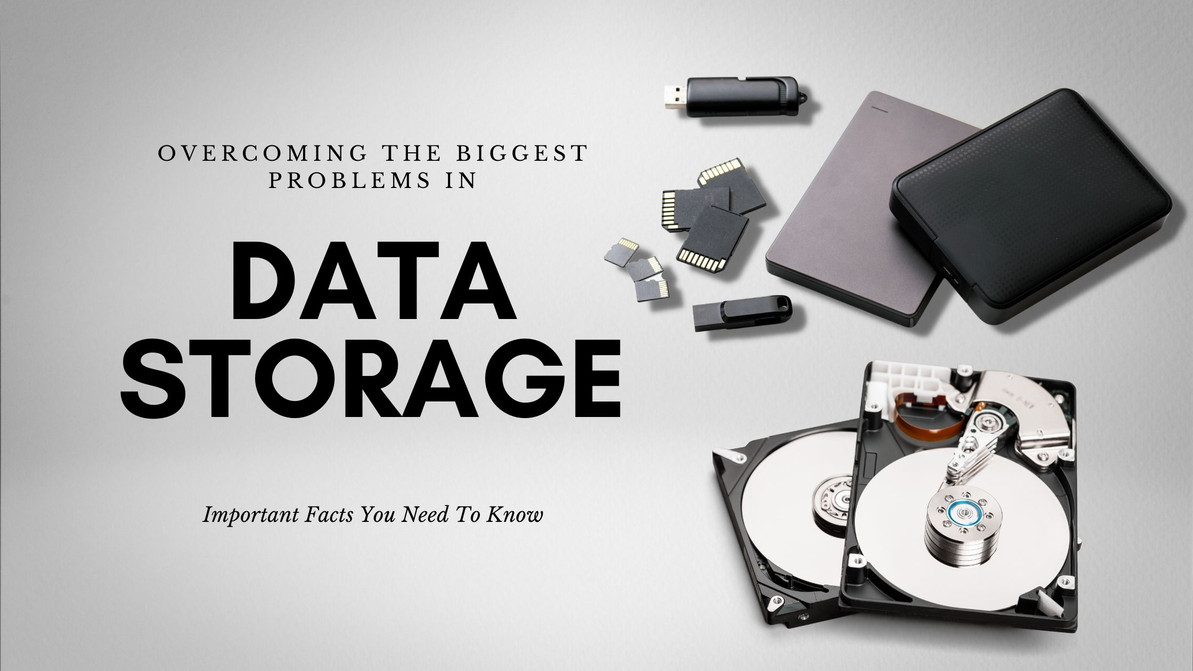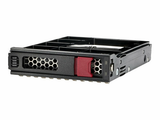Overcoming the Biggest Problems in Data Storage
In today's data-driven environment, much of the enterprise's attention is focused on analytics; in other words, the problem lies in figuring out what to do with all of the data you've gathered. It's an important challenge to solve, but you won't get there unless you have a reliable, long-term data storage solution as a foundation since you can't examine data if you don't have a place to put the data.
These are some of the issues regarding data storage you'll need to consider:
1.) Infrastructure
Data infrastructure is an essential aspect of data processing and analysis. Data, like objects, requires a shelf or container to rest in since data takes up space. Having the proper infrastructure in place will ensure that the vast amount of data you're trying to store will be stored without a hitch. However, this would mean investing in high-tech servers that will most likely occupy a large amount of space in your office or company building.
You can work around this issue by utilizing cloud hosting and cloud storage, which makes use of another company's infrastructure to save you the trouble of setting up the infrastructure and the amount of space it will eventually take up upon completion.
2.) Cost
It's a very expensive operation if you're trying to run your own data center. The initial setup will cost you money, as well as the ongoing maintenance and the costs associated with the people who are responsible for maintaining it. An alternative option to this is to outsource. You'd only have to pay a monthly fee, which, in turn, save you some money in the long run.
3.) Security
We can't emphasize enough how important security is, especially when dealing with data. From a general point of view, any data stored could be accessed by a third party if the company has lax security; of course, there is no such thing as a surefire security system. There are multiple layers of security that can help you prevent any unwanted people from accessing your company's data, including encryption and reliance on a third-party security provider.
Just remember that there are limits to how well these can protect you since, again, there is no way of guaranteeing that your data will be untouchable. Choosing the best partners and creating a culture of cyber security can help protect your data.
4.) UI and Accessibility
Your data won't be of much use to you if it's hard to access. Having an intuitive, accessible user interface can lessen the hassle. A user interface makes it easy to access, understand, and use key elements to facilitate whatever action you're trying to perform.
5.)Compatibility
If you're going to use multiple systems or applications with your data, make sure that each of them is compatible with one another. You will need to find a data storage partner that has an open API as well as a clean system of transition.
6.) Scale
When dealing with large amounts of data, making sure that your data storage solution is scalable is the first thing you need to consider since you're not really sure how much data is going to be stored during your operations.
Recent Posts
-
Where Legacy Bays Meet Lightning Speed: The HPE 960GB LFF SATA Mixed Use SSD Built for ProLiant Gen9 and Gen10 Servers
Power and Reliability in Enterprise Storage: HPE 960GB LFF SATA Mixed Use SSD for ProLiant Gen9 and …Dec 14th 2025 -
Solid Confidence in Every Byte: Powering ProLiant Gen10 and Gen10 Plus Servers with the HPE 960GB LFF Value SAS SSD
HPE 960GB 3.5-inch LFF Digitally Signed Firmware SAS-12Gbps Mixed Use Value SAS Multi Vendor SSD for …Dec 13th 2025 -
Where Reliability Meets Everyday Speed: Empowering ProLiant Gen9 and Gen10 Servers with the HPE 960GB LFF SATA Mixed Use SSD
HPE 960GB 3.5-inch LFF Digitally Signed Firmware SATA-6Gbps Mixed Use SSD for ProLiant Gen9 and Gen1 …Dec 12th 2025




